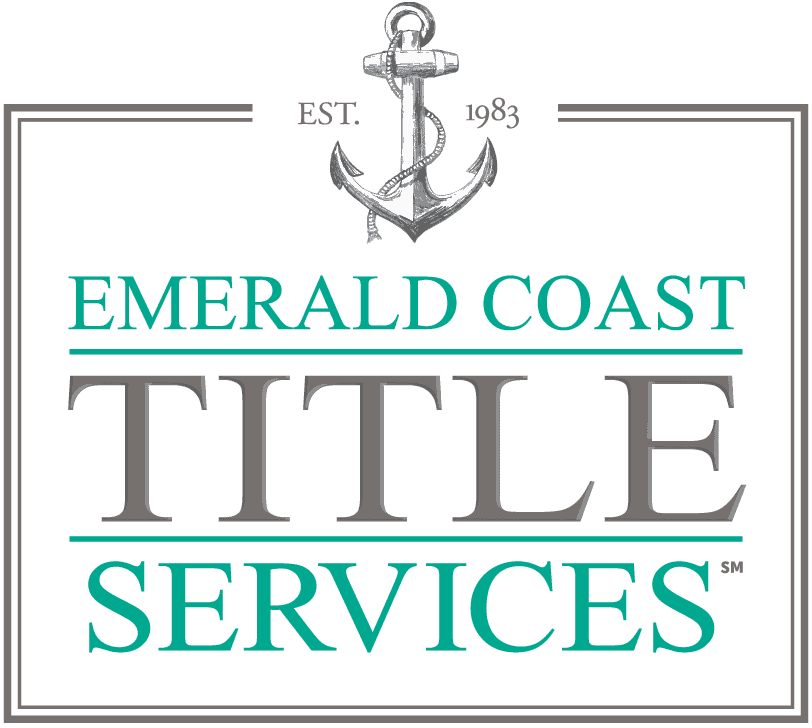When navigating a real estate transaction in Florida, understanding the finer details of the Florida Realtors/Florida Bar (FR/BAR) Residential Contract for Sale and Purchase is crucial. This legally binding document ensures transparency and outlines the responsibilities of both buyers and sellers. In this blog, we’ll focus on Sections 10 through 18, highlighting the key points safeguarding all parties’ interests. From property maintenance to closing costs, dispute resolution, and beyond, these sections provide the foundation for a smooth and fair transaction.
Section 10: Disclosures
This section outlines certain facts about properties in Florida that could affect the property’s value or desirability. It encourages the Buyer to get independent testing should Buyer be concerned or require additional information. This section also outlines the Seller’s responsibility to disclose any known facts this property including requirements for environmental hazards, building code violations, and any pending assessments. Proper disclosure ensures transparency and protects both parties from future disputes.
Section 11: Property Maintenance
Until the closing date, the seller is required to maintain the property in the condition it was in when the contract was executed. This includes routine upkeep of the interior of the home, the lawn, and pool, and addressing any new damages.
Section 12: Property Inspection and Repair
This section grants the buyer the right to inspect the property by a licensed inspector before closing to ensure it meets their expectations. It also defines how repairs are to be handled if defects are found. Buyers can request repairs or renegotiate, and sellers must address agreed-upon issues within specified timelines.
Section 13: Escrow Agent
The escrow agent plays a crucial role in safeguarding funds during the transaction. This section outlines the responsibilities and procedures for holding and releasing escrow deposits, including how disputes are managed if there’s disagreement over the funds.
Section 14: Professional Advice; Broker Liability
Buyers and sellers are encouraged to seek professional advice (e.g., from attorneys, accountants, or inspectors) to ensure informed decisions. This section also clarifies that real estate brokers act as facilitators, not advisors, and limits their liability for contractual disputes by way of an indemnity clause.
Section 15: Default
If a buyer or seller fails to meet their contractual obligations, this section defines the consequences. Default remedies include retaining escrow deposits as liquidated damages for sellers or pursuing legal enforcement of the contract terms for buyers.
Section 16: Dispute Resolution
In a disagreement, mediation is the first step to resolving issues before resorting to legal action by way of litigation. This section promotes negotiation and alternative dispute resolution methods to minimize costly and time-consuming litigation.
Section 17: Attorney Fees and Costs
The parties must split the cost of the mediation fee, and each party pay their own attorney fees. If the dispute is not resolved in mediation, the case must go to litigation. The prevailing party is entitled to recover reasonable attorney fees and costs. This clause incentivizes fair dealings and reduces frivolous lawsuits.
Section 18: Standards for Real Estate Transactions
This section establishes guidelines for key aspects of the transaction, such as title defects, inspections, and compliance with laws. It ensures the property and contract adhere to agreed-upon standards and protects both parties from unexpected complications.
Listen to our latest podcast episode for more insights from Ashley and Dion about these sections of the Florida Residential Contracts!

